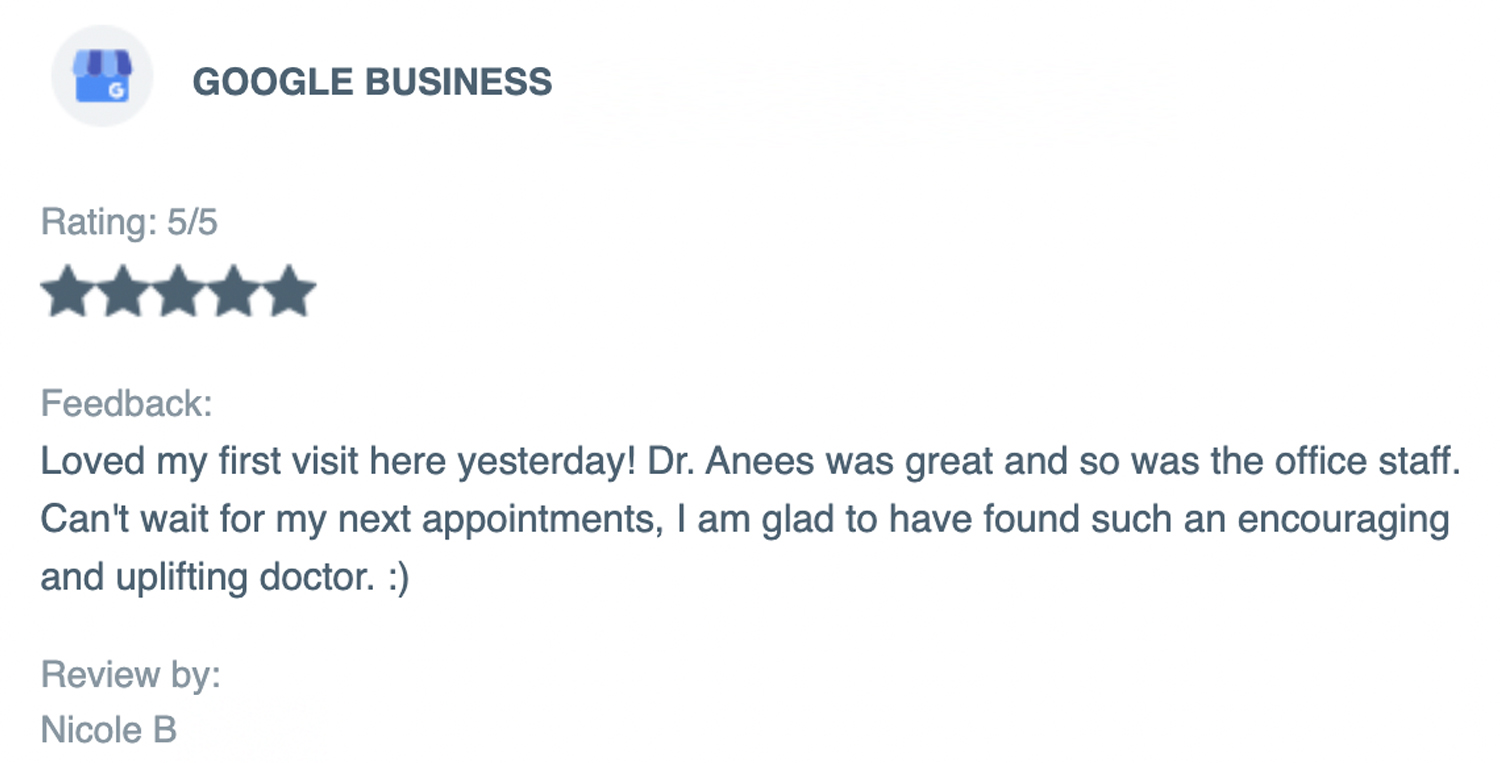The food we consume significantly impacts our health and overall well-being, which is why having a healthy and balanced diet is crucial in disease prevention. When we eat well, our body gets the nutrients it needs to to function correctly. Fortunately, you don’t have to overhaul your eating habits overnight to experience positive changes.
Below, these family healthcare providers in Northwest Indiana discuss the role of proper nutrition in preventing diseases and offers tips that can help you make healthier food choices.
The Importance of a Balanced Diet
A balanced diet is the foundation for overall health, providing your body with the essential nutrients and energy to function properly and maintain good health.
What is a balanced diet? It includes a variety of foods from all the major food groups, including fruits, vegetables, whole grains, lean protein and healthy fats.
- Fruits and Vegetables: Fruits and vegetables are a superfood dream team. Packed with vital vitamins, minerals and antioxidants, they help protect your body against disease. They are low in calories and high in fiber, which is a great combination for maintaining a healthy weight. Most family healthcare providers recommend aiming for at least five servings of fruits and veggies daily.
- Whole Grains: Whole grains are a fantastic source of fiber, which can help lower cholesterol and reduce the risk of heart disease. Plus, they are rich in essential vitamins and minerals, making them a key player in a healthy diet. Give brown rice, whole-wheat bread or oatmeal a try.
- Lean Protein: Protein is the ultimate building block for your body, helping repair and build tissue. However, any family healthcare provider in Northwest Indiana will advise you to not go overboard. It’s best to opt for lean protein sources – skinless chicken, fish and beans, which are lower in saturated fat and cholesterol.
- Healthy Fats: Finally, you shouldn’t forget the importance of healthy fats. Nuts, seeds and fatty fish are packed with the good fat essential for brain function and healthy skin and hair. They also have anti-inflammatory properties, which can help reduce the risk of diseases like heart disease and cancer.
The Link between Nutrition and Disease Prevention
Having a healthy diet can play a crucial role in preventing a variety of diseases, including heart disease, diabetes and cancer. By making some small but powerful changes to your diet, you can significantly lower your risk of these chronic illnesses and improve your overall health.
For example, a diet high in fruits, vegetables and whole grains can work wonders for your heart health. These foods help to lower cholesterol, reduce blood pressure and improve blood sugar control, all of which are risk factors for heart disease and diabetes. And that’s not all – fruits and vegetables are also packed with antioxidants, which protect your body against damage from harmful free radicals and may help to prevent cancer.
If you want to stay healthy and prevent disease, your family healthcare provider in Northwest Indiana will recommend focusing on your diet first. Incorporate plenty of fruits, vegetables, whole grains and lean protein into your meals, and limit your intake of processed foods, sugary drinks and saturated and trans fats. With these simple changes, you can give your body the nutrients it needs to thrive and reduce your risk of chronic disease.
Making Healthy Food Choices
Are you tired of navigating through all the confusing information about healthy eating? Making healthy food choices can be challenging, but it does not have to be. We understand how overwhelming it can be, but we are here to help you take small steps toward a healthier lifestyle.
Here are some practical tips for making healthier food choices:
- Start by choosing whole, unprocessed foods whenever possible. These are often nutrient-dense and provide your body with essential vitamins and minerals.
- Be a food detective and read food labels to identify hidden sugars and unhealthy fats. This will help you make informed decisions when you are grocery shopping.
- Plan and prepare meals in advance to avoid making unhealthy choices when hungry and pressed for time.
- Incorporate more fruits and vegetables into your meals and snacks. Not only are they packed with essential nutrients, but they also add color and flavor to your dishes.
- Limit processed and fast foods, which are often high in unhealthy fats, sugar and salt.
By making these small changes, you will be on your way to a healthier and happier you.
Looking for an Affordable Family Healthcare Provider in Northwest Indiana?
Are you hoping to make some changes to your diet or healthcare routine? Ready to meet with an affordable family healthcare provider in Northwest Indiana who can develop a plan that’s right for you? If so, our specialists at 219 Health Network will be happy to assist you. We have a team of licensed family medicine physicians who offer comprehensive care and guidance to help you maintain your overall health. Contact us today at (833) 219-0001 to learn more.





















































Recent Comments